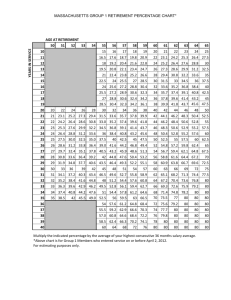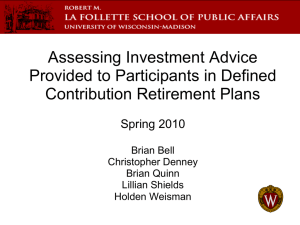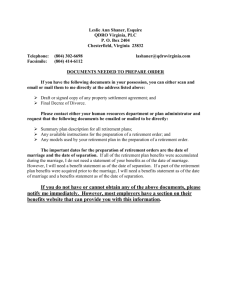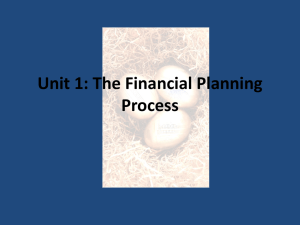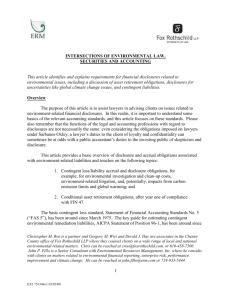Retirement Obligations - Financial Reporting and Assurance
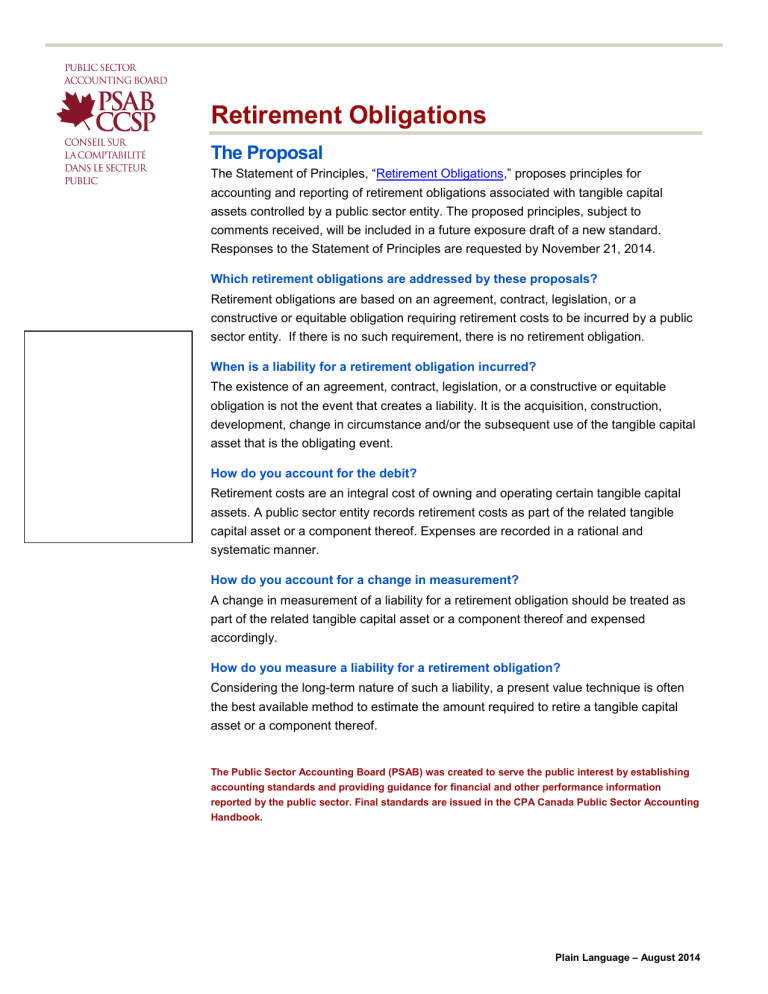
Liabilities for retirement of tangible capital assets are to be reported.
Retirement Obligations
The Proposal
The Statement of Principles, “ Retirement Obligations ,” proposes principles for accounting and reporting of retirement obligations associated with tangible capital assets controlled by a public sector entity. The proposed principles, subject to comments received, will be included in a future exposure draft of a new standard.
Responses to the Statement of Principles are requested by November 21, 2014.
Which retirement obligations are addressed by these proposals?
Retirement obligations are based on an agreement, contract, legislation, or a constructive or equitable obligation requiring retirement costs to be incurred by a public sector entity. If there is no such requirement, there is no retirement obligation.
When is a liability for a retirement obligation incurred?
The existence of an agreement, contract, legislation, or a constructive or equitable obligation is not the event that creates a liability. It is the acquisition, construction, development, change in circumstance and/or the subsequent use of the tangible capital asset that is the obligating event.
How do you account for the debit?
Retirement costs are an integral cost of owning and operating certain tangible capital assets. A public sector entity records retirement costs as part of the related tangible capital asset or a component thereof. Expenses are recorded in a rational and systematic manner.
How do you account for a change in measurement?
A change in measurement of a liability for a retirement obligation should be treated as part of the related tangible capital asset or a component thereof and expensed accordingly.
How do you measure a liability for a retirement obligation?
Considering the long-term nature of such a liability, a present value technique is often the best available method to estimate the amount required to retire a tangible capital asset or a component thereof.
The Public Sector Accounting Board (PSAB) was created to serve the public interest by establishing accounting standards and providing guidance for financial and other performance information reported by the public sector. Final standards are issued in the CPA Canada Public Sector Accounting
Handbook.
Plain Language – August 2014



